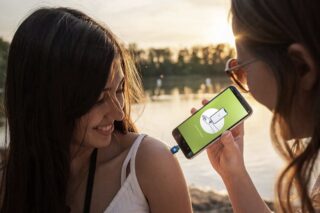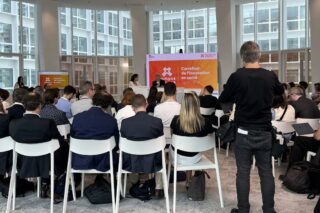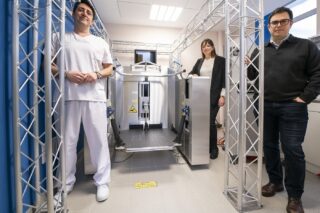The tenth annual MEDICA start-up competition saw 250 applications from companies all over the world with innovations ranging from robotics to personal health apps. Twelve products made it to the final and were assessed by the jury in Dusseldorf, Germany but there were only three winners.
1/ Smart Heart Sound Device for Children
The first place was awarded to the Finish company Phonolyser for its smart heart sound device that can detect heart abnormality in children by analyzing heart murmurs. The device uses a combination of artificial intelligence (AI), a type of ultrasound called doppler-technology and sound analysis to investigate and diagnose heart defects.
The Phonolyser device can determine at which stage of the cardiac cycle the murmur occurs—known as systolic or diastolic. Even more crucially, it shows the intensity of the murmur, its location, and in what direction it is radiated. All of this enables the clinician to make the most accurate diagnosis of the heart problem.
Congenital heart disease (CHD) is a structural defect in the heart present at birth, but the cause is unknown in up to 90% of cases. Every year, around 1.35 million babies are born with CHD worldwide and it is the most common cause of birth defect-related infant death. Bahman Doaeian, chief business officer at Phonolyser, said:
“We are the real deal, we are here to save the children meaningfully.”
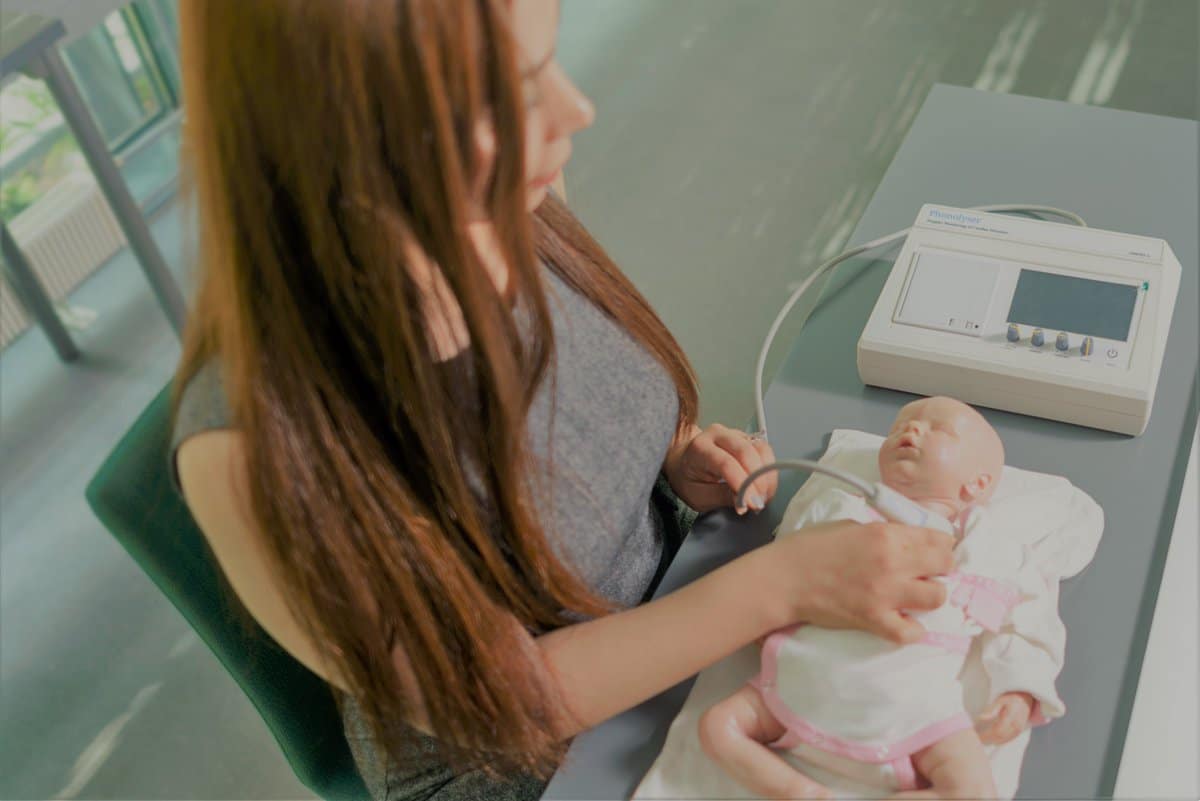
2/ Digital Anxiety Therapy App
The German company SYMPATIENT came second in the elite competition for Invirto, a unique digital anxiety therapy. The system enables patients with agoraphobia, social phobia or panic disorder to receive the standard of care in their homes.
It uses virtual reality technology and app-based cognitive behavioral therapy combined with regular check-ins with healthcare professionals to provide holistic care to people whose lives are impeded by anxiety disorders.
Invirto therapy can be undertaken on a smartphone within a user’s own home with the use of VT glasses, headphones and the app. The Invirto app contains expert content compiled by specialist anxiety psychotherapists to help users counter their anxiety and learn coping mechanisms. According to the company, with the help of virtual reality in the Invirto app, users can also work on changing the way they deal with fear in everyday life.

(Credit: Shutterstock)
3/ Virtual Patient Database for Clinical Research
The third place in the start-up competition was awarded to the German company Virtonomy for its breakthrough technology to help with clinical research for new medical devices. The V-patients database enables companies to carry out virtual anatomy studies and virtual trials and perform virtual implantation jointly to help speed up innovation.
The company creates virtual patients using contrast-enhanced, high-resolution CT scans of thousands of patients with different pathologies and ethnic backgrounds. 3D and anatomy models are reconstructed from these scans in order to perform measurements and statistical analyses. Companies can select a virtual patient population that fits their specific criteria and then use these large virtual cohorts to test their devices, saving time and substantial costs.
Dr. Simon Sonntag, co-founder of the company, said:
“I firmly believe that in-silico testing will have a tremendous impact on medical device regulation in the coming years, and v-Patients plays a significant role in this.”
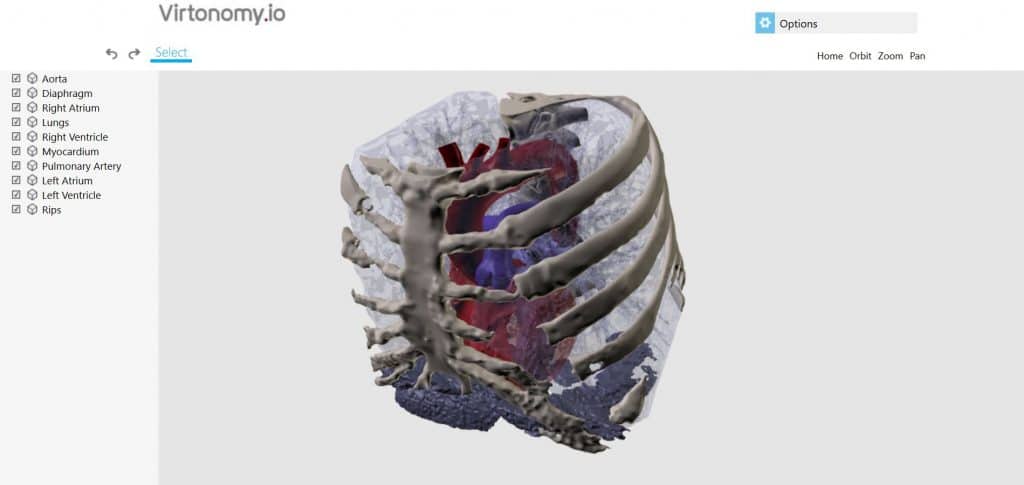
The MEDICA start-up competition is a global search for the most outstanding innovations in digital health. It aims to take the innovations of start-ups to the next level by creating valuable connections and worldwide visibility, and it offers winners the chance to win up to €3,500. From health apps, new tools for healthcare data collection and AI enabled analytics to advanced robotics and new approaches in diagnostics, innovators from around the globe are encouraged to enter. Registration for the 2022 competition is now open.





